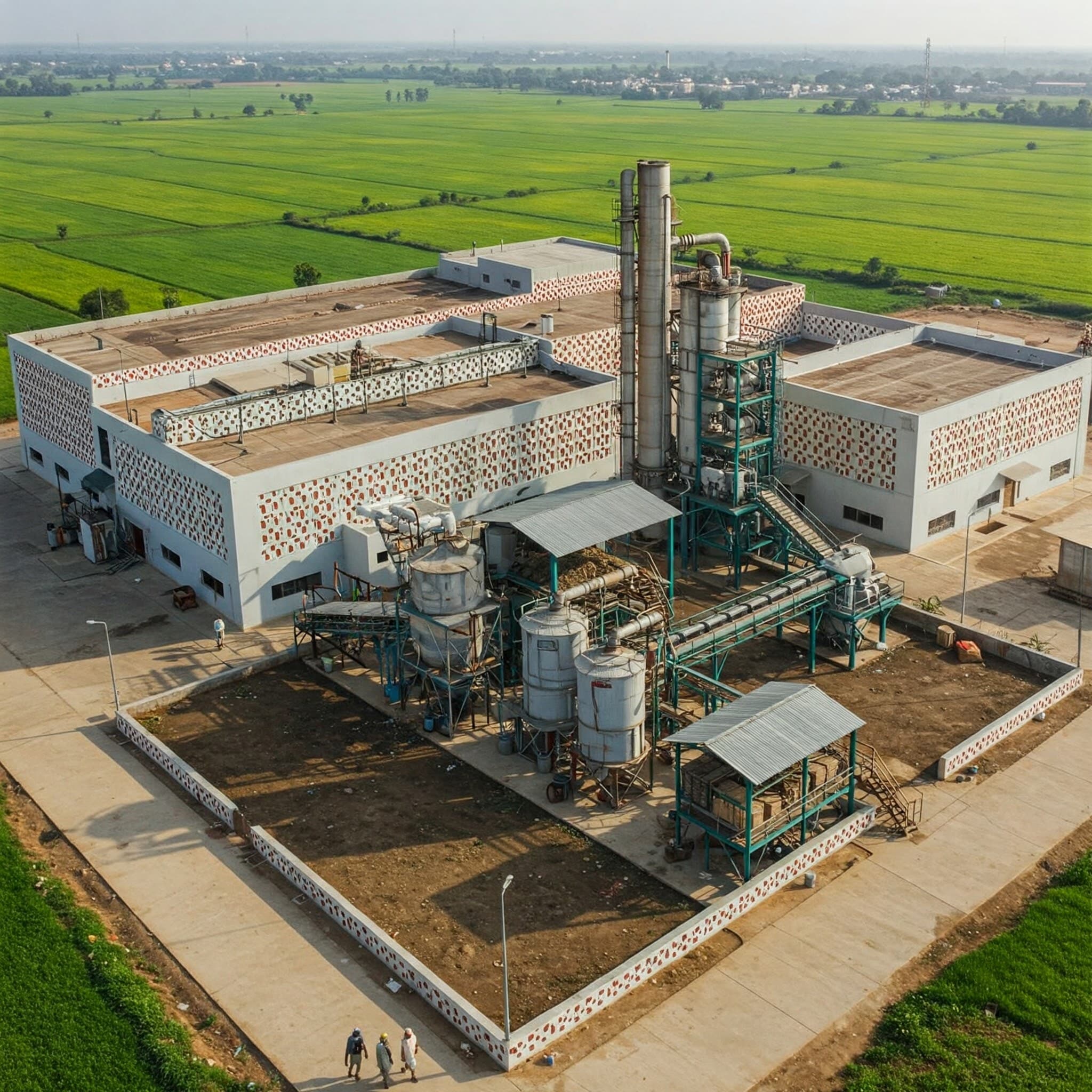
Revving Up Biofuels: Modified Pradhan Mantri JI-VAN Yojana Seeks to Attract Investment
India's push towards a cleaner, greener future is gaining momentum, and biofuels are playing a crucial role. The government's commitment to this sector is evident in the recent modifications to the Pradhan Mantri JI-VAN (Jaiv Indhan - Vatavaran Anukool Fasal Awashesh Nivaran) Yojana. These changes aim to incentivize the development of advanced biofuel projects, paving the way for greater investment and a more robust biofuel industry.
What is the JI-VAN Yojana?
The JI-VAN Yojana, initially launched in 2019, focuses on creating an ecosystem for the production of second-generation (2G) ethanol using lignocellulosic biomass – essentially, agricultural residue like crop stubble, bagasse, and other plant waste. This is a significant step, as it addresses the issue of crop burning while simultaneously creating a valuable fuel source.
Why the Modifications?
The recent modifications to the JI-VAN Yojana are designed to make the scheme more attractive to investors and project developers. The government recognizes the need to accelerate the development of advanced biofuels and understands that financial incentives are key. These modifications likely include adjustments to financial support, streamlining of approval processes, and potentially broadening the scope of eligible projects. While specific details may vary, the overall goal is to de-risk investment and encourage participation.
Why Advanced Biofuels Matter:
Advanced biofuels, like 2G ethanol, are a game-changer. They offer several advantages:
- Sustainability: By utilizing agricultural waste, they minimize environmental pollution caused by burning crop residue and promote a circular economy.
- Reduced Emissions: They contribute to lower greenhouse gas emissions compared to fossil fuels.
- Energy Security: They bolster India's energy security by reducing dependence on imported oil.
- Rural Economy Boost: They create new income streams for farmers and generate employment opportunities in rural areas.
Attracting Investment:
The modified JI-VAN Yojana aims to create a more favorable environment for investment in advanced biofuel projects. This could involve:
- Viability Gap Funding: Providing financial support to bridge the gap between project costs and revenue projections.
- Tax Incentives: Offering tax breaks and other financial benefits to investors.
- Streamlined Approvals: Simplifying regulatory processes and reducing bureaucratic hurdles.
- Off-take Guarantees: Ensuring a market for the produced biofuels.
Looking Ahead:
The modifications to the Pradhan Mantri JI-VAN Yojana signal a strong commitment from the Indian government to promote the growth of the advanced biofuel sector. By attracting greater investment and fostering innovation, these changes are expected to accelerate the development of sustainable transportation fuels, reduce environmental pollution, and enhance India's energy security. The success of this initiative will be crucial in achieving India's ambitious climate goals and building a more sustainable future.
This blog post provides a general overview. For the most up-to-date information on the specific modifications to the JI-VAN Yojana, it's recommended to consult official government sources and publications.

